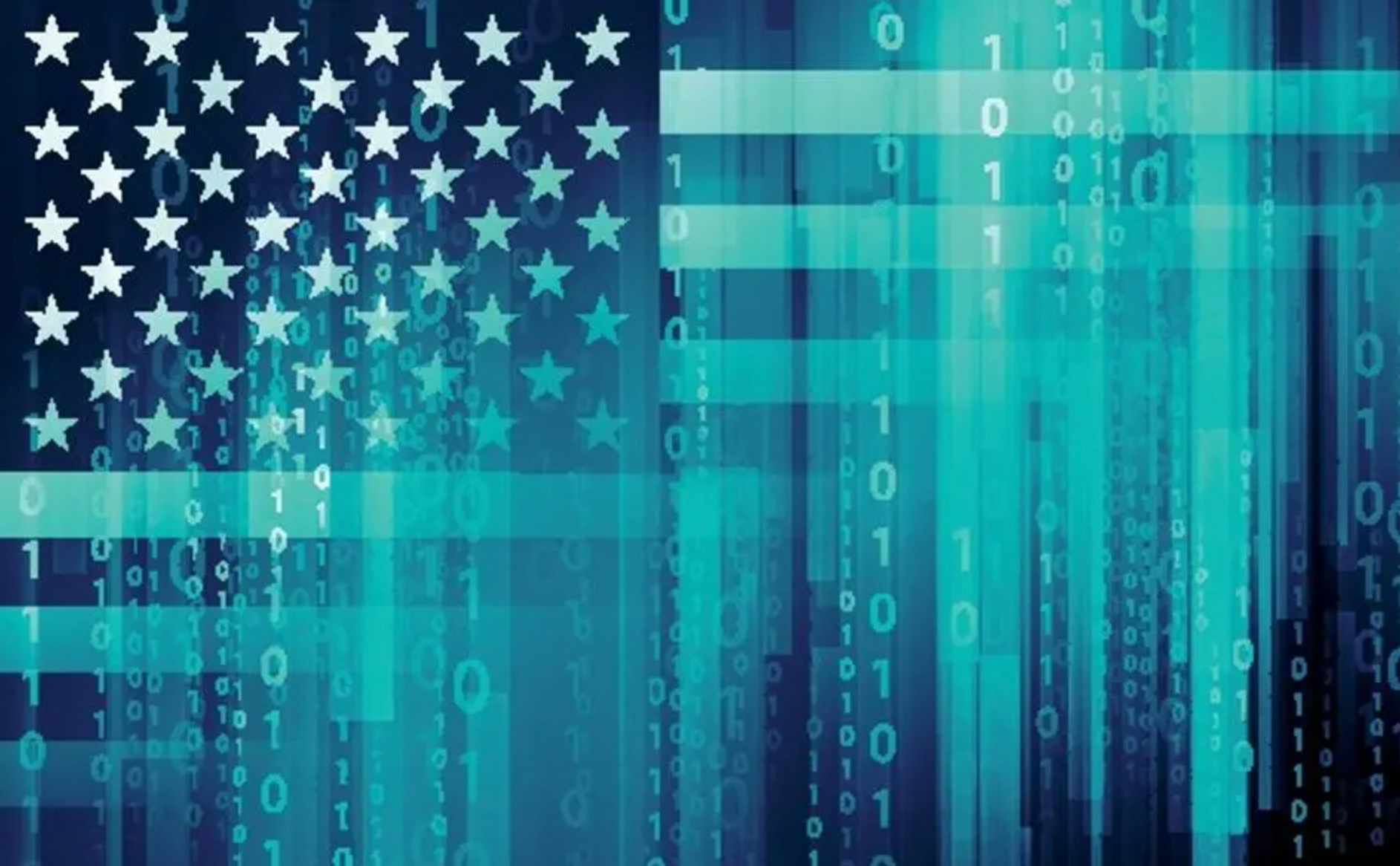

Michelle Drolet
The Cybersecurity Maturity Model Certification (CMMC) is a cybersecurity standard introduced in 2020 to ensure that defense contractors and subcontractors protect Controlled Unclassified Information (CUI) and Federal Contract Information (FCI). While the scope of the CMMC was initially limited to organizations within the Defense Industrial Base, it was recently expanded to include universities and colleges since many of
4 Minute 25 Second Read









